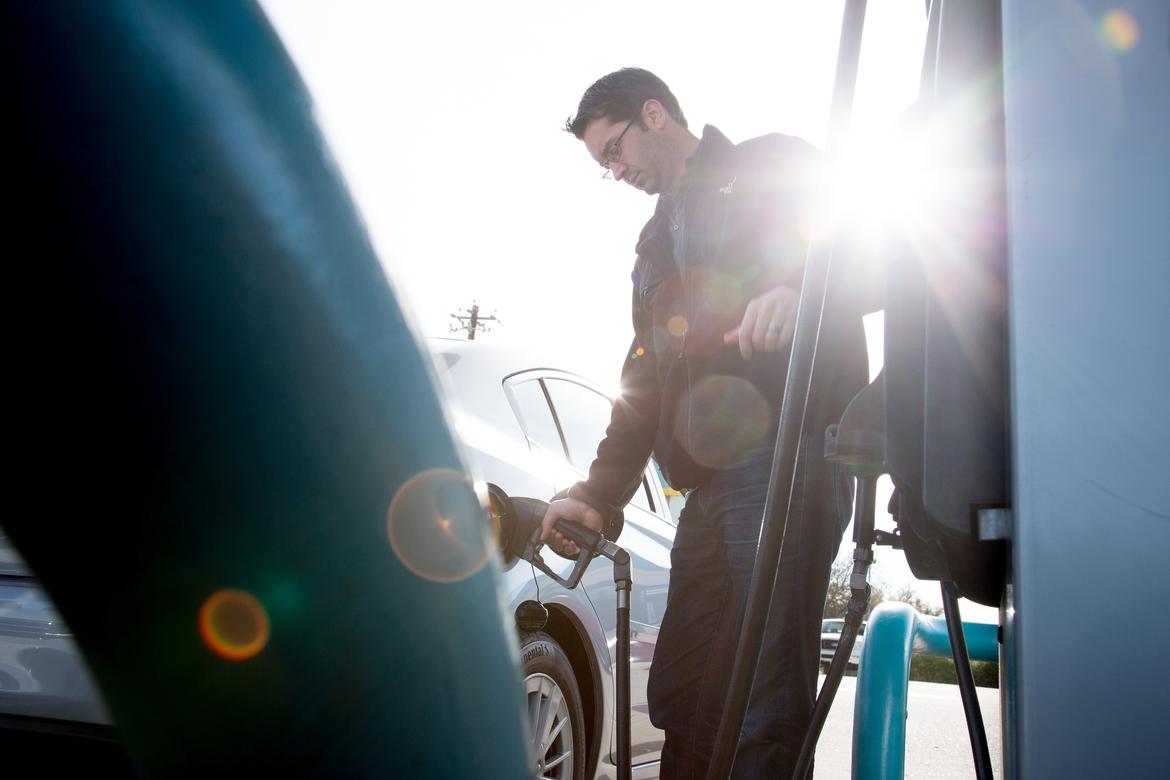
The question of whether to shell out more cash for premium gas is one that weighs on the minds of many drivers. But before you reach for the gold button at the pump, new evidence released by AAA lends fresh insight about whether higher-grade fuel actually pays off.
Related: How Much Does Car Ownership Cost in 2017?
American drivers of vehicles that require only regular fuel wasted a whopping $2.1 billion last year filling their tanks with premium gas (91 octane or higher) that had no benefit on performance or fuel economy, AAA reports. But is there any benefit for higher-end models that recommend but don't require high-end fill-ups?
AAA's research targeted vehicles with manufacturer recommendations for premium gas. The results showed the pricier gas only provided modest improvements in performance and fuel economy compared to when those vehicles were fueled up with regular.
Return on Investment
The research suggests premium fuel works best on Used Engine calibrated specifically for high octane. The minor fuel-economy improvements seen with premium gas in vehicles that don't require it didn't offset the higher fuel costs. The findings essentially erase the gray area for vehicles that carry manufacturer recommendations — but not requirements — for premium fuel.
AAA researchers tested six different models varying in body size and style — all of which came with manufacturer recommendations for high-octane fuel. Vehicles tested included:
- 2015 Mazda MX-5 Miata
- 2016 Audi A3
- 2016 Cadillac Escalade ESV
- 2016 Jeep Renegade
- 2017 Ford F-150
- 2017 Ford Mustang GT
While the tests yielded fuel-economy improvements of an average 2.7 percent across all models and a slight increase in horsepower of just more than 1.4 percent. AAA says the benefits are modest at best when considering how much gas stations charge for premium nowadays.
Put simply: Only vehicles that come with manufacturer requirements for premium gas reap tangible performance and fuel-economy benefits.
"Based on AAA's testing, vehicles that only recommend premium gasoline can't take full advantage of higher-octane fuel and, as a result, the benefit that comes from upgrading to premium gasoline may not offset its high cost," said John Nielsen, managing director of automotive Used Engine ering and repair for AAA, in a statement.
Price of Premium Soars
As the gap between regular and premium gas prices has widened to a national average of nearly 54 cents, according to data from gas-tracking smartphone app GasBuddy.com, it's especially important to be wary of how much is being spent at the pump.
Premium-gas purchasers are paying about 25 percent more at the pump compared with the cost to fill up on regular fuel, AAA reported. Back in 2009, premium cost much less — only about 10 percent more per gallon, according to AAA, which conducted the study in partnership with the Automobile Club of Southern California's Automotive Research Center.
Because prices for premium vary greatly across the U.S., both AAA and GasBuddy urge drivers to shop around for the best prices. Both offer apps to help motorists price shop for the best deal at nearby gas stations.
Gas stations in coastal states tend to charge the highest prices for premium, according to Patrick DeHaan, head of petroleum analysis for GasBuddy. DeHaan said the Midwest is currently seeing the largest gaps in prices between regular and premium.
"In Chicago, some gas stations are charging $1 per gallon more," DeHaan said. "In California, however, some stations charge just 20 cents per gallon more for premium than regular."
More Cars Require Premium
American drivers of new vehicles are finding it increasingly difficult to avoid paying premium prices, however, because nearly half of all new models require premium gas, according to research from GasBuddy. That figure, he indicated, has been fairly steady since 2015.
When in doubt about what kind of gas to buy, and AAA agree the golden rule should be to always follow your manufacturer's recommendation.
's Editorial department is your source for automotive news and reviews. In line with 's long-standing ethics policy, editors and reviewers don't accept gifts or free trips from automakers. The Editorial department is independent of 's advertising, sales and sponsored content departments.


